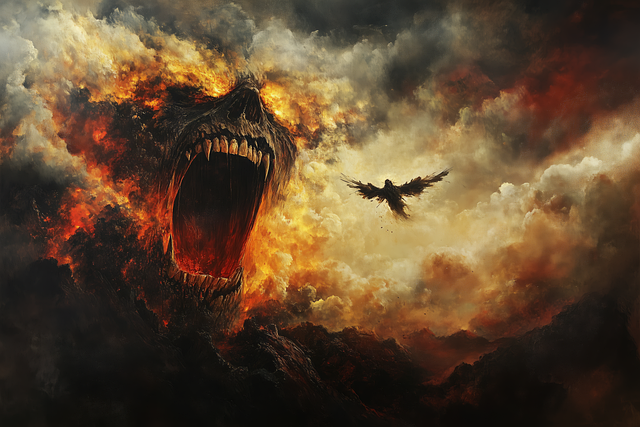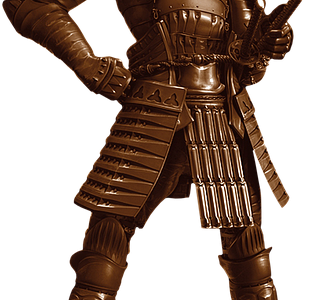In ancient Greece, for instance, gods and goddesses weren’t just characters in a tale; they were part of everyday life. Imagine waking up, looking at the sky, and knowing that Zeus was up there, throwing down lightning if he was in a bad mood! These narratives provided a sense of order in a chaotic world, offering explanations for natural events, moral lessons, and even guidelines for behavior. They were the first self-help manuals, really—advising folks on everything from love to war.
Beyond explanations, mythology often dictated rituals and festivals. Picture a grand gathering where the community came together to honor Demeter for a bountiful harvest. Such events weren’t merely celebrations; they solidified community bonds and ensured that traditions lived on. It’s like when we throw a birthday party, but on a cosmic level, linking people through shared joy and reverence.
And let’s not forget the role mythology played in laying the groundwork for laws and ethics. Many ancient cultures used myth to illustrate right from wrong. The stories of heroism and tragedy served as moral compasses, guiding ancient people through life’s complexities, much like how our favorite fairy tales teach lessons today.
So, when we look at mythology, we see more than just fanciful tales. We uncover the essence of ancient cultures—how they thought, lived, and connected with the world around them. It’s fascinating to realize just how foundational these stories were for shaping human experience!
The Gods and Legends That Shaped Beliefs
Think about it: have you ever felt the thrill of discovering a story about Zeus hurling thunderbolts or the wisdom of Athena, who guided heroes through impossible quests? These tales do more than entertain; they influence cultures in profound ways. When societies adopt these myths, they’re not just exchanging stories but also sharing values and lessons that resonate through generations.
Take, for instance, the ancient gods of Egypt. With vivid depictions of Ra, the sun god, sailing across the sky in his celestial boat, we see how these narratives explained natural phenomena and provided comfort. Isn’t it fascinating how these myths can turn the sun’s rise and fall into a symbol of rebirth and resurrection?
And let’s not forget the Norse myths that dropped Thor’s hammer into the mix, granting strength and courage to those who listened. These powerful stories served as a compass for navigating life’s uncertainties, echoing the triumphs and struggles everyone faces.
As we embrace these deities and their adventures, we also find a mirror reflecting our own humanity. Each god, each legend tells a story of triumph, conflict, and the universal quest for meaning—binding us together in a tapestry that defines who we are and how we see the world around us. Isn’t it incredible how these ancient tales continue to shape our beliefs and inspire our imaginations today?
How Myths Influenced Society and Traditions

Take, for instance, the myths surrounding ancient gods and heroes. They weren’t just entertaining fables; they were blueprints for societal norms. Think of Zeus and his escapades—those tales subtly taught ancient Greeks about power, family dynamics, and morality. Fast forward to today, and we can still see the influence of myth in our modern celebrations and rituals. Ever wondered why we celebrate Halloween with costumes and spooky tales? It’s a nod to ancient rituals designed to honor the dead, a spin-off from the myths of old that still create a sense of community.
Even our personal lives are touched by the echoes of myth. When we face challenges, don’t we often channel a hero’s journey, seeking courage and strength as if we were protagonists in our own epic tales? Those mythical stories empower us to face our fears, much like how they inspired warriors in the past.
Myths also serve as bridges connecting generations. Parents pass down tales to teach their children about cultural values, instilling pride and a sense of identity. Isn’t it amazing how a simple story can connect us to our ancestors, keeping their spirit alive in our modern world? Through every festival, every fable, and every family gathering, the essence of myths continues to resonate, reminding us of who we are and where we come from.























Add comment